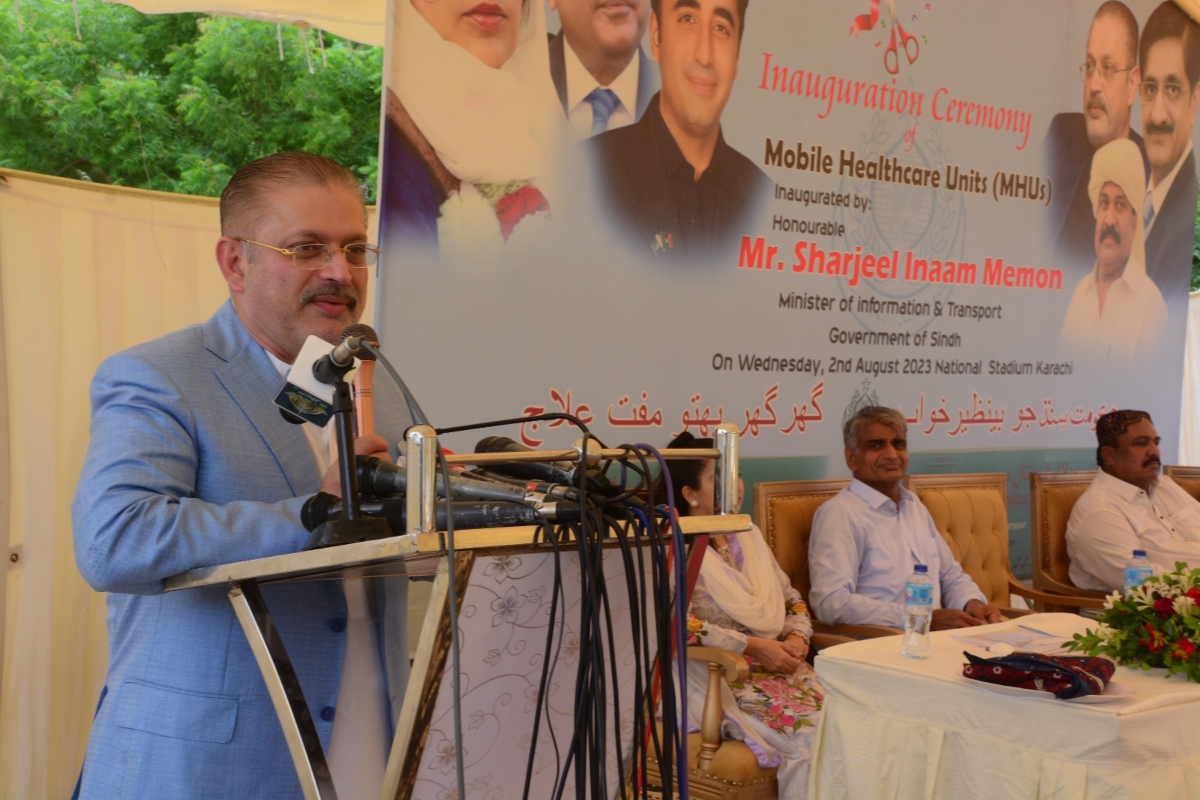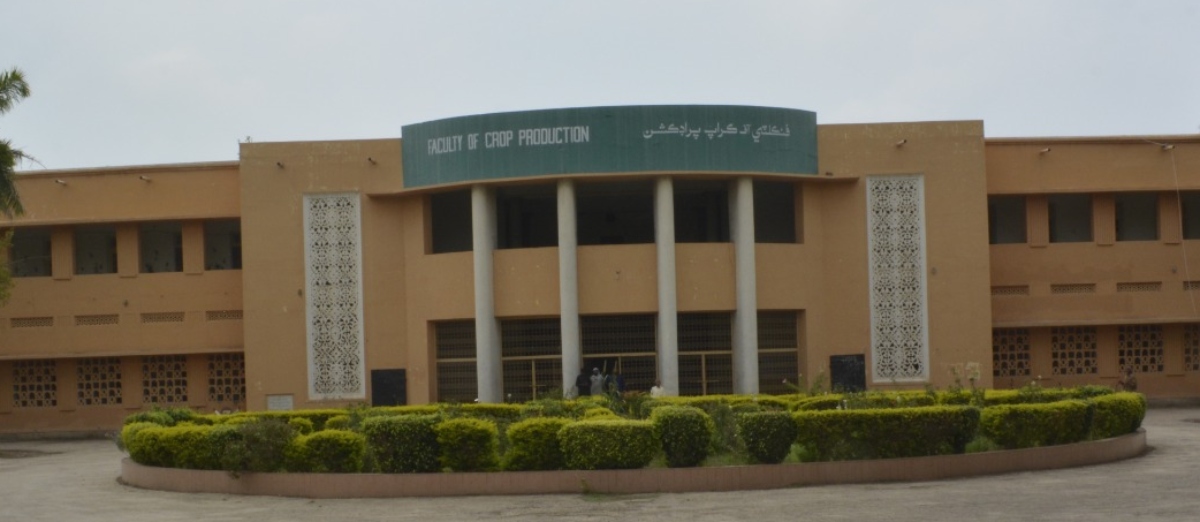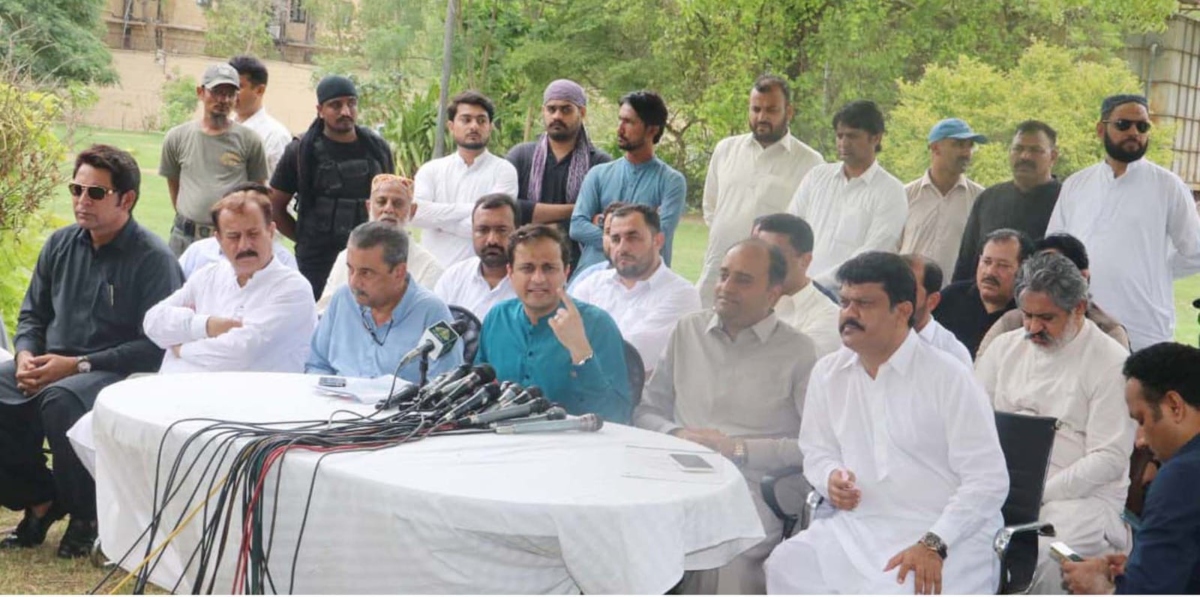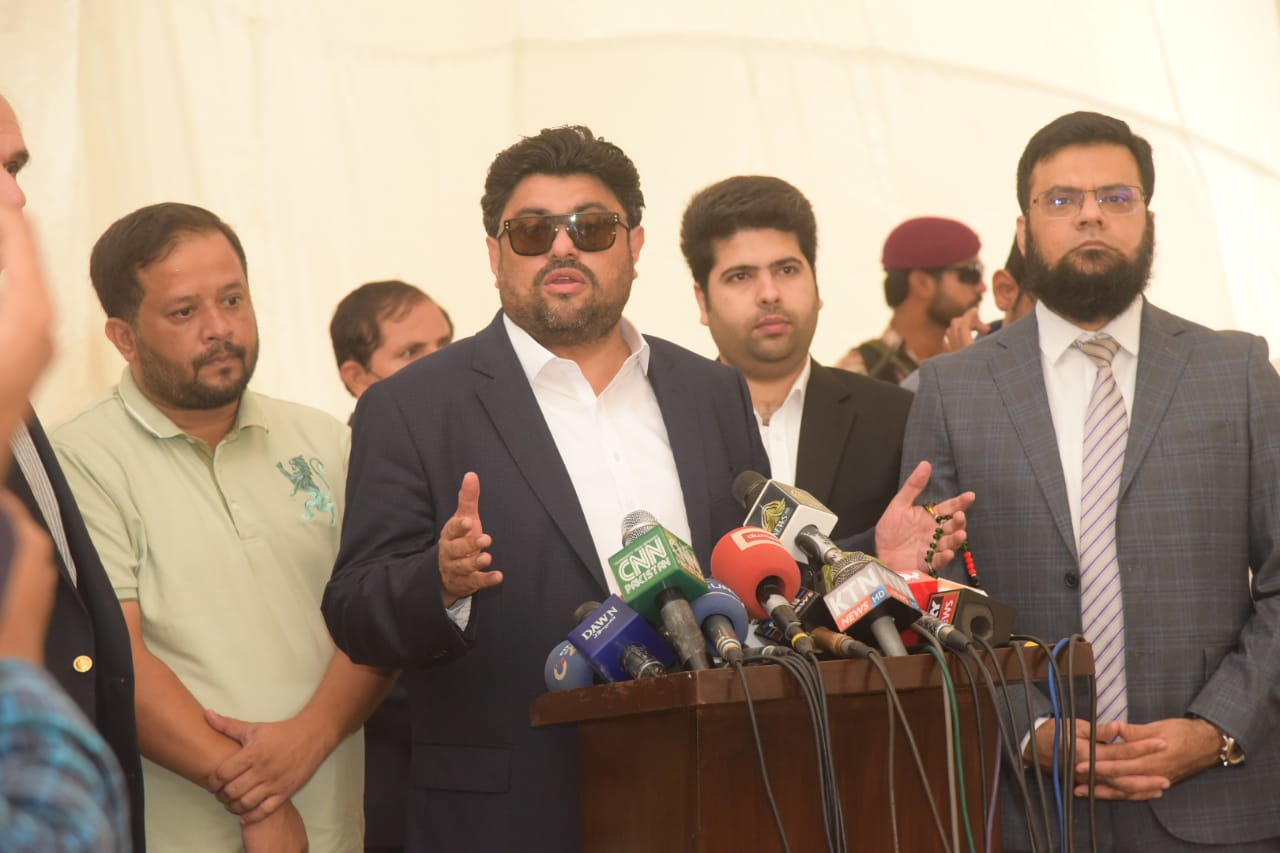
M Alam Brohi
We have a penchant to toy with settled matters, tease sleeping monsters and resurrect old controversies. The question of provincial autonomy confronted the country since inception. It was the main cause for the alienation of former East Pakistan, and the persistent and constant protests of the smaller provinces in this part of Pakistan for over six decades. Finally, this issue was settled by unanimously adopting the 18th Amendment to the 1973 Constitution in 2010.
To counter the clamour of former East Pakistan and small units for provincial autonomy, the scheme of One-Unit was unjustifiably imposed dispensing with the provincial status of Sindh, Balochistan and Khyber Pakhtunkhwa (KPK) and merging them into West Pakistan with its capital at Lahore. The epicenter of political and financial decisions became Islamabad being the federal capital and Lahore as the administrative and legislative seat of West Pakistan. The powers that may be saw the folly of this scheme after a decade and half and abolished it before the general elections of 1970.
The 1973 Constitution did not appropriately address the question of the provincial autonomy. The PPP, to a greater deal, owed its power to the majority legislators and the establishment from the bigger province. Thus, it had to go along with them on many issues including the provincial autonomy, division of federal financial resources, transfer and posting of senior officers in the country. During One-Unit, we adopted the system of parity between the eastern and western wings of the country in financial and administrative matters adopting the territory as the main base for financial award from the divisible pool of resources without taking into consideration the size of the population, contributions to the national resources by both wings. In the 1973 Constitution, we reverted to population as the main base for the distribution of the financial resources and federal administrative jobs to benefit the bigger province. This is, at least, how the smaller provinces looked at these constitutional stipulations.
Hence, the smaller provinces continued to protest for provincial autonomy and a fair national financial award necessitating the amendment of the 1973 Constitution which was anyhow mutilated by dictators inserting many absurd stipulations in it. Notwithstanding its overall bad governance, the credit of restoring the parliamentary character of the 1973 Constitution goes to the fourth PPP federal government that adopted unanimously the 18thAmendment, doing away with the absurd and person-specific stipulations in the Constitution, and introducing a new national finance award with particular safeguards with the support of all stakeholders. This was a spectacular achievement.
The amendment has given a say to the smaller provinces in the political, administrative, economic and financial matters which had previously remained the exclusive discretion of the federal government. The share of the provinces from the divisible resources of the country had been the bone of contention between the federation and federating units. The amendment solved this burning issue by reviewing the National Finance Commission (NFC) Award, allocating 55.5 percent of the divisible resources to the provinces leaving the federation with the remaining portion to meet the requirements of the federal subjects including defence, debt retirement, public development, pays and pensions and the like.
The amendment dispensed with the concurrent list of subjects and transferred all the subjects of provincial domain to the federating units. These notably included education, local bodies, health, agriculture and food, industry, law and order. This was meant to lighten the burden of the federation. After the amendment the federation was supposed to transfer all these subjects to the provinces. Unfortunately, the federation failed to do so and retained some of the subjects partially or completely. It still has full-fledged ministries of education, food security and health. It had to cut proportionately the size of the federal bureaucracy and exercise strict control on the circular debts of the federally managed autonomous bodies and public enterprises to bring its overhead expenditures under control. The federal authorities didn’t curtail their expenses. Instead, they continued to have over-sized cabinets, ever growing federal bureaucracy and increased foreign junkets, and kept on adding to the foreign loans to meet their unjustified expenses. The PDM government at the senescence of their tenure reportedly doled out billions of funds to their legislatures for their constituency-based development projects. There has been no accountability for such dole-outs.
The amendment also made the provinces duty bound to spend their increased share from the national financial award prudently in the interest of their people, and devolve financial, administrative and development powers to the elected local governments devising provincial financial awards. They failed to do so and continued with the old corrupt system of doling out huge sums to the provincial legislatures for their constituency-based development projects without any nominal accountability or scrutiny of such development works and funds. In most cases, the schemes remained on paper without any sign of development on the sites.
Rather empowering and strengthening the elected local governments financially and administratively, large numbers of employees over and above their sanctioned strength were appointed in each and every local body government. Some of these employees take their salaries every month without any work. This is what has happened in every town or municipal committee in Sindh. Most of the local governments were defraying the expenses of the bungalows of the MPAs and PPP leaders. This was being done as a norm of life. That is why the increased share of NFC has not made any difference as far as the living conditions of the populace are concerned.
The amendment or the NFC is not responsible for the financial woes of the federation. It is the mismanagement and reckless utilization of funds at the federal level that has caused financial disarray in the federation. Beware of tempering with the 18thAmendment and the financial share of the smaller provinces or the settled question of the provincial autonomy. The country is faced with deep political and economic crises which are shaking its very foundations. We could hardly afford to have another polarizing controversy, dear men.
M Alam Brohi is a senior analyst, author and former ambassador. He can be reached at brohialam7@gmail.com
The online content is the sole responsibility of the writer.


































